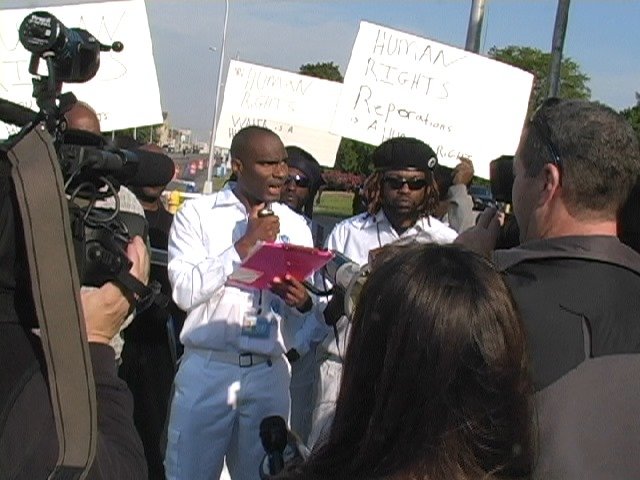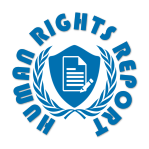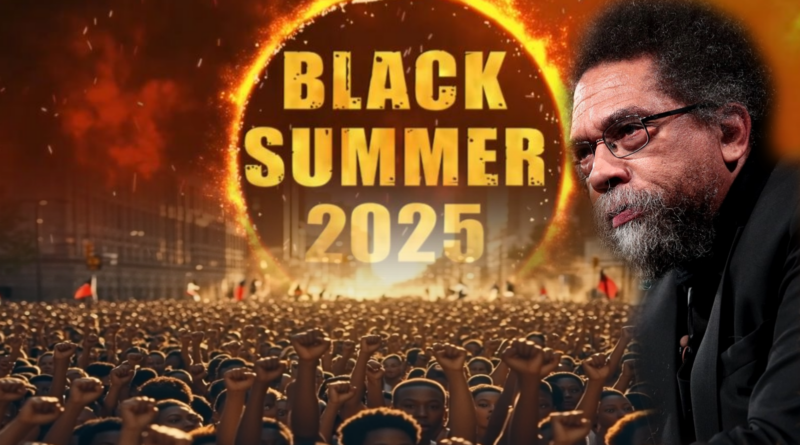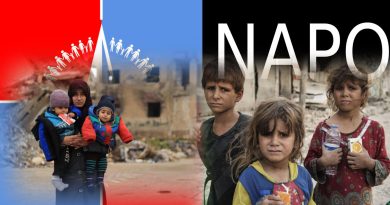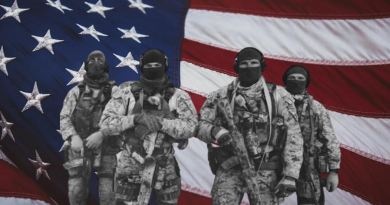Cornel West Re-emerges as Presidential candidate of Black Independence
As the United States approaches another Independence Day, a historic and potentially world-altering movement is preparing to make its stand. “Black Summer,” a sweeping mobilization of African Americans (Afrodescendants) asserting their right to self-determination, is set to commence on July 4, 2025 (Black Independence Day) — and with it, the formal declaration of independence from what organizers call “a fundamentally racist American government.” Many of those in opposition to President Donald Trump are becoming aware that the right of self-determination is the only guaranteed way to stop him and fend off unwanted policies. The right of self-determination is the “leverage” the Democratic party leader Hakeem Jeffries said they didn’t have.
At the center of this unfolding moment is Dr. Cornel West, the former presidential candidate, scholar, and longtime voice of Black radical thought. West has reemerged as the leading choice of organizers to become the President of the Governing Council of a newly proposed Black Independent Nation — a sovereign state envisioned by organizers as a vehicle for full political, economic, and cultural self-determination or a confederation of Afrodescendant communities throughout the country practicing internal self-determination.
Dr. Melina Abdullah, West’s former vice-presidential running mate and a prominent activist leading Black Lives Matter Grassroots, has been witnessed on “Black Summer” forums alongside key organizers attorney Malik Zulu Shabazz and Ramzu Yunus, head of the Human Rights Policy Officers organization. Together, they have spent months laying the groundwork for mass rallies, demonstrations, and public declarations across cities like Atlanta, Detroit, Chicago, and Los Angeles.
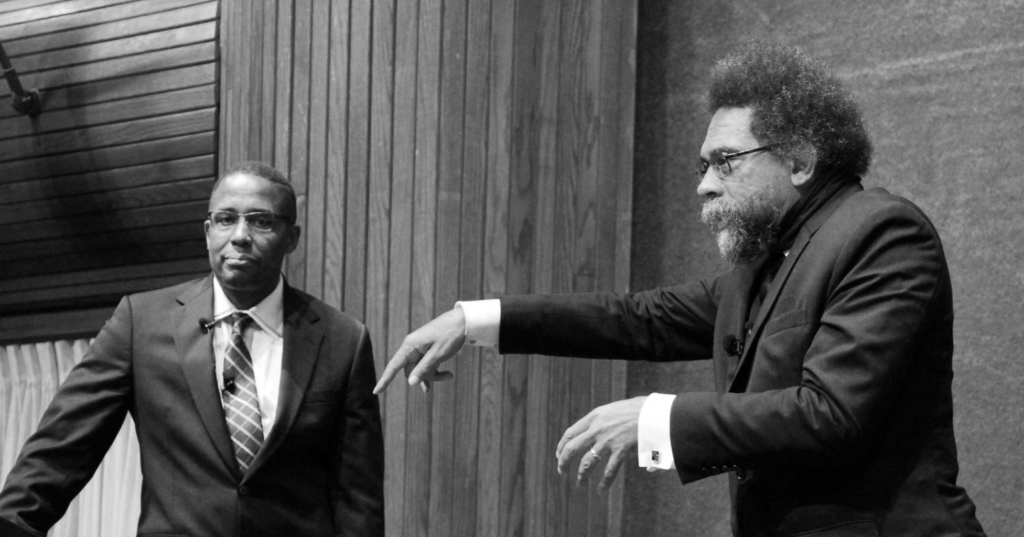
Organizers point to the International Covenant on Civil and Political Rights — particularly its provisions affirming the right of oppressed peoples to self-determination — as the legal and moral basis for their initiative. “Our right to govern ourselves is not a favor we are asking,” Yunus said at a recent forum. “It is a right recognized under international law, and it is time we exercise it.”
The proposed steps following “Black Summer” include establishing provisional government structures, convening a constitutional convention, and seeking recognition from international bodies. While the movement has captured the imagination of many Afrodescendants — particularly younger generations — it has also sparked controversy. U.S. officials and media outlets have already begun framing the effort as radical with potential to cause instability.
Attorney Malik Zulu Shabazz, who heads Black Lawyers for Justice, has made clear that the movement’s leadership anticipates resistance but remains undeterred. “Every freedom movement has faced repression,” he said. “We are prepared lawfully and in other ways. We are resolute. And we will not turn back.”
With Cornel West poised to lead, and a coalition of seasoned activists driving the movement forward, “Black Summer” appears to be not just a moment of resistance — but the birth of a new nation.
